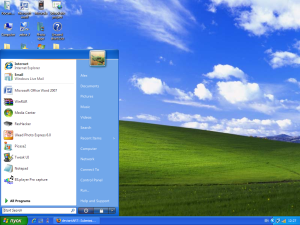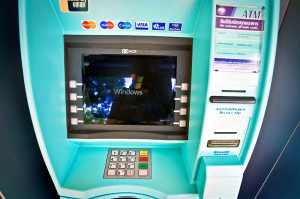The End Of Windows XP
Microsoft has now stopped supporting its Windows XP operating system meaning that no more security updates and fixes will be provided to the 13 year old platform.
Computers are still able to use it of course; in fact independent estimates from StatCounter report that 16 percent of all tablets and PCs are running on XP whilst Net Marktetshare puts that figure close to 28 percent for all desktops globally. There are exceptions however such as in China, where around half of systems rely on the OS to go online, Microsoft will continue support and are partnering with China’s leading Internet security vendors to phase it out. Equally the UK and Dutch governments signed multi-million Euro deals to extend support for the public sector and civil servants.
The final patch issued several days ago made a critical fix to new found vulnerabilities. Without the updates from Microsoft, any new problems like these will not be addressed. Computers that have current anti-virus and anti-malware products will still be exposed because the security needs to be integrated from the operating system up.
Since its launch in 2001, Windows XP has had years to iron out any bugs in its coding, making it more stable than ever. Microsoft had warned it was stopping support years ago. However the lack of uptake in other, newer operating systems has been considered due to global economic downturn resulting in a lot organisations keeping their trusty XP instead of investing in hardware and software that’s believed to offer little more productivity.
Microsoft’s abandon of XP looks even more complicated when the software is embedded in systems like ATM machines and kiosks. These worries are shot down though because ATM machines don’t run like a desktop; they don’t even connect to banks over the open internet as opposed to dedicated lease lines so warnings that some security companies have suggested appear overblown.
As for the XP life-support for large corporations and governments, if a major flaw is found in the OS, Microsoft will develop and release a patch to them, leaving home users and small businesses to struggle. They are bound to come under pressure in such a situation so it’ll result in an interesting PR challenge at least. Still for those of us that have kept up with the pace of change, Microsoft earlier this month promised that the old Start Menu will return to Windows 8.1 (All Programs in tow) as part of a future update. So at least it shouldn’t look completely alien to XP migrants.




